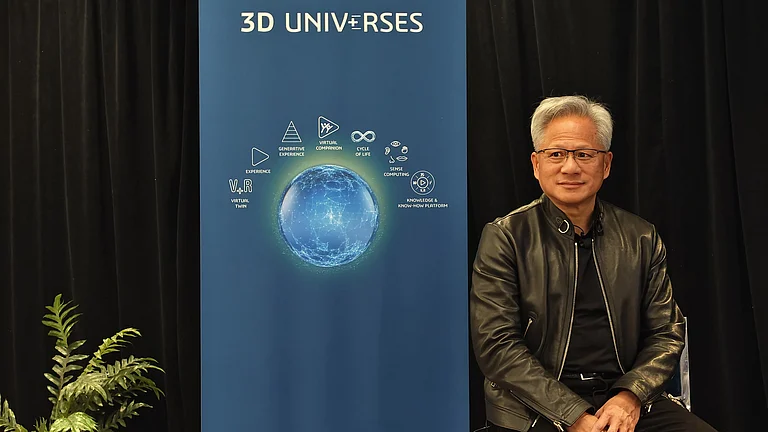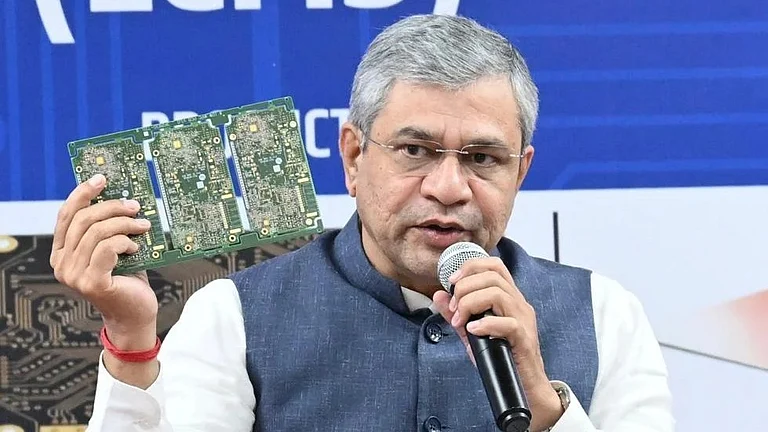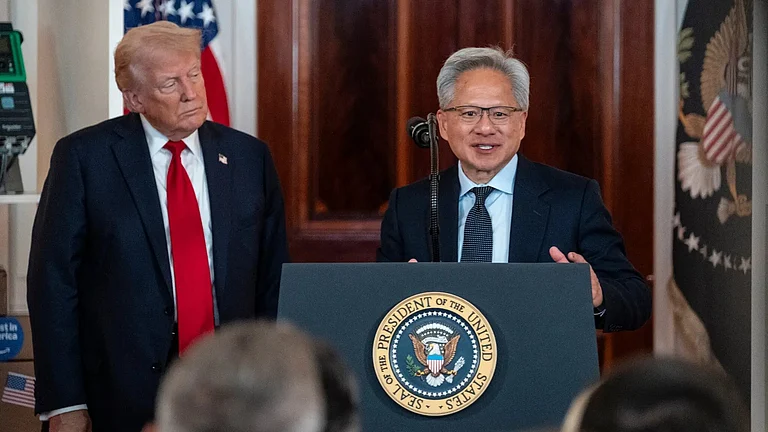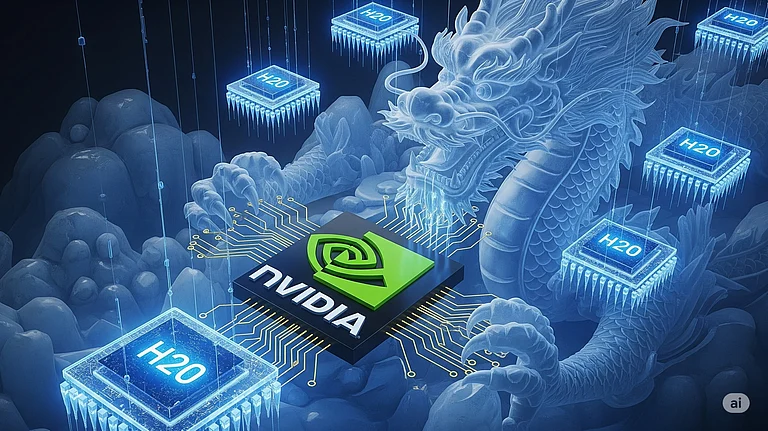
Nvidia is developing a China-specific AI chip, the B30A, designed to sit between the H20 and flagship B300 in performance
Built on Blackwell architecture with a single-die design, it delivers ~50% of B300’s power but outperforms the H20
Chip includes HBM and NVLink, similar to the H20; samples could reach Chinese customers next month if export approval is granted
Strategy reflects Nvidia’s effort to retain Chinese customers and maintain CUDA ecosystem lock-in while complying with US export controls
Nvidia is developing a China-specific AI accelerator, tentatively called the B30A, that Reuters reported would sit between the H20, currently permitted for sale in China, and the flagship B300 in capability.
The B30A is intended to outperform the H20 while remaining scaled back relative to the B300, a design choice aimed at meeting export controls and regulatory constraints.
US regulatory approval remains uncertain and will determine whether Nvidia can ship samples to China for local testing. Nvidia’s forthcoming chip is built on the company’s Blackwell architecture and, unlike the dual-die B300, uses a single-die layout.
That single-die design is a deliberate departure from the B300 and helps position the B30A as a distinct product within the Blackwell family.
Performance-wise, the B30A is expected to deliver roughly half the raw computing power of the B300 while still exceeding the H20. It is also expected to include high-bandwidth memory (HBM) and NVLink for fast interconnects, features that mirror the H20’s design.
Sources cited by Reuters say Nvidia hopes to deliver samples to Chinese customers as soon as next month, but final specifications remain under refinement and the company must secure the necessary export approvals before proceeding.
Why Nvidia is Pursuing China-Specific Designs
Nvidia’s pursuit of China-specific designs is driven by the country’s importance to the company’s revenue and by the need to retain customers in the CUDA software ecosystem.
Producing locally compliant variants, such as the earlier H20 and the lower-spec RTX6000D, is a strategy to continue serving the market while attempting to respect US export limits. Industry reports also indicate Nvidia plans an RTX6000D inference card for China that is explicitly designed to fall below regulatory thresholds.
US Restrictions on AI Chips
Washington has tightened controls on advanced AI chips to limit access by countries of concern, though there have been signals that some flexibility is possible: the administration has suggested it might allow scaled-down Blackwell chips for China under specific conditions, including unusual revenue-sharing terms for certain sales. Even so, US officials and lawmakers remain worried about the security and strategic implications of permitting more capable accelerators into China.
Nvidia told reporters it evaluates a range of products so it “can be prepared to compete to the extent that governments allow,” adding that offerings are developed “with the full approval of the applicable authorities and designed solely for beneficial commercial use.”
The situation bears close watching: the key developments to monitor are whether US export authorities approve B30A samples or impose further limits, the timing of shipments and customer testing in China, and Beijing’s response, whether regulators or state media raise security objections or discourage purchases as they did recently over the H20.
Approval would help Nvidia defend market share and software lock-in in China; rejection would accelerate local substitution efforts by firms such as Huawei.


































